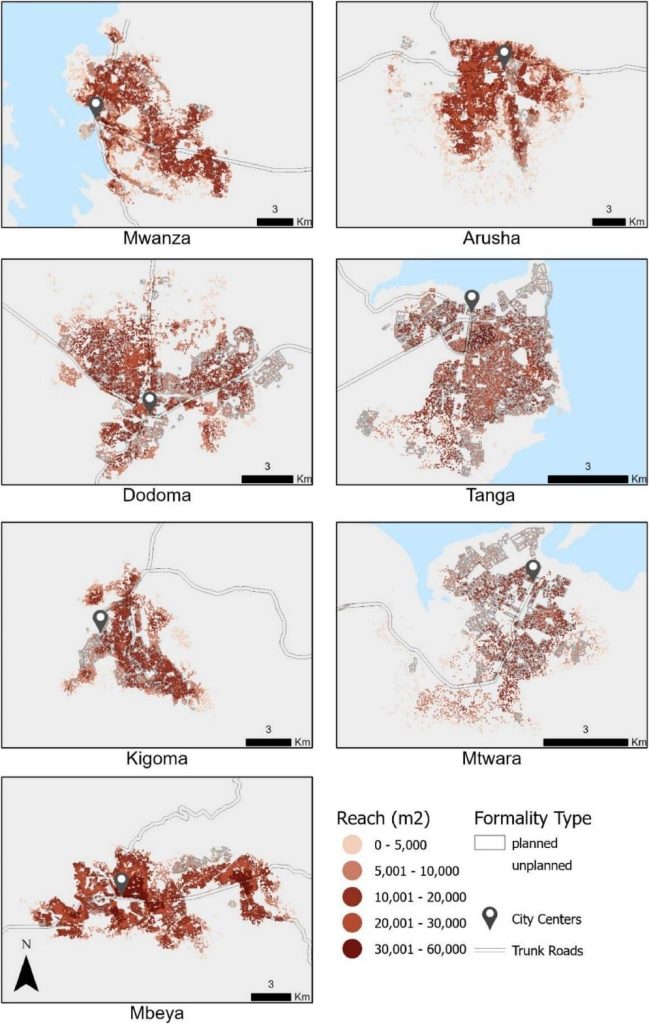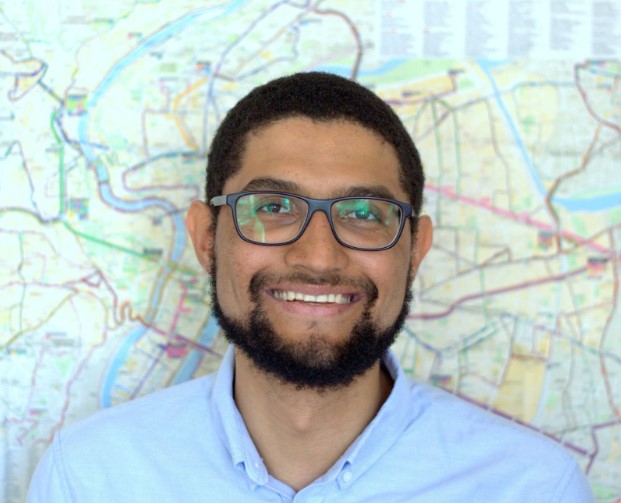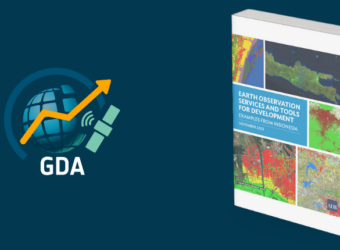A recent study, drawing on Earth Observation (EO) Data, from European Space Agency’s (ESA) Earth Observation for Sustainable Development (EO4SD) initiative, the predecessor of the Global Development Assistance programme, sheds new light on the role of informal settlements in urban sprawl. Published in Sustainable Cities and Society, the research investigates whether these settlements contribute to the sprawling urban forms commonly observed in Sub-Saharan Africa.
Click here for more information on the EO4SD-Urban project.

This study poses a central question: Are informal settlements in fast-growing Sub-Saharan African cities contributing more to urban sprawl than their planned counterparts? Compact urban growth is widely regarded as essential for sustainable development, and as most future urban expansion is expected to occur in Africa and Asia, understanding the drivers of this growth is critical for global carbon mitigation efforts.
Although informal settlements are frequently perceived as a key driver of urban sprawl, the evidence remains ambiguous. The study, conducted in collaboration with researchers from the Universities of Groningen and Twente (Netherlands), re-evaluates this assumption by focusing on several secondary cities in Tanzania: Tanga, Arusha, Mwanza, Kigoma, Dodoma, Mbeya, and Mtwara.
Earlier analyses by the World Bank, based on EO4SD data, showed that 35% to 45% of land use and land cover in these cities aligned with their original municipal master plans. However, this new research deepens that understanding by specifically examining informal settlement classification, derived from satellite imagery, and comparing it with existing urban plans. The data products used were created by the EO4SD-Urban consortium, led by GAF AG (Germany), in collaboration with NEO (Netherlands), GISAT (Czech Republic), and DLR (Germany).
The findings suggest that the role of informal settlements in driving urban sprawl is not straightforward. Their impact varies significantly across Tanzania’s cities, indicating that informal settlements cannot be held responsible for urban sprawl per se. Local factors and context play a critical role in determining their influence on urban expansion.

The study’s principal author and co-authors, including experts from the Federal Institute for Population Research (Germany), and the Universities of Groningen and Twente, stress the importance of understanding these local variations when designing urban policies aimed at sustainable growth.
The full study is available for open access download [here]. Further details on the EO4SD-Urban project can be found [here].
















